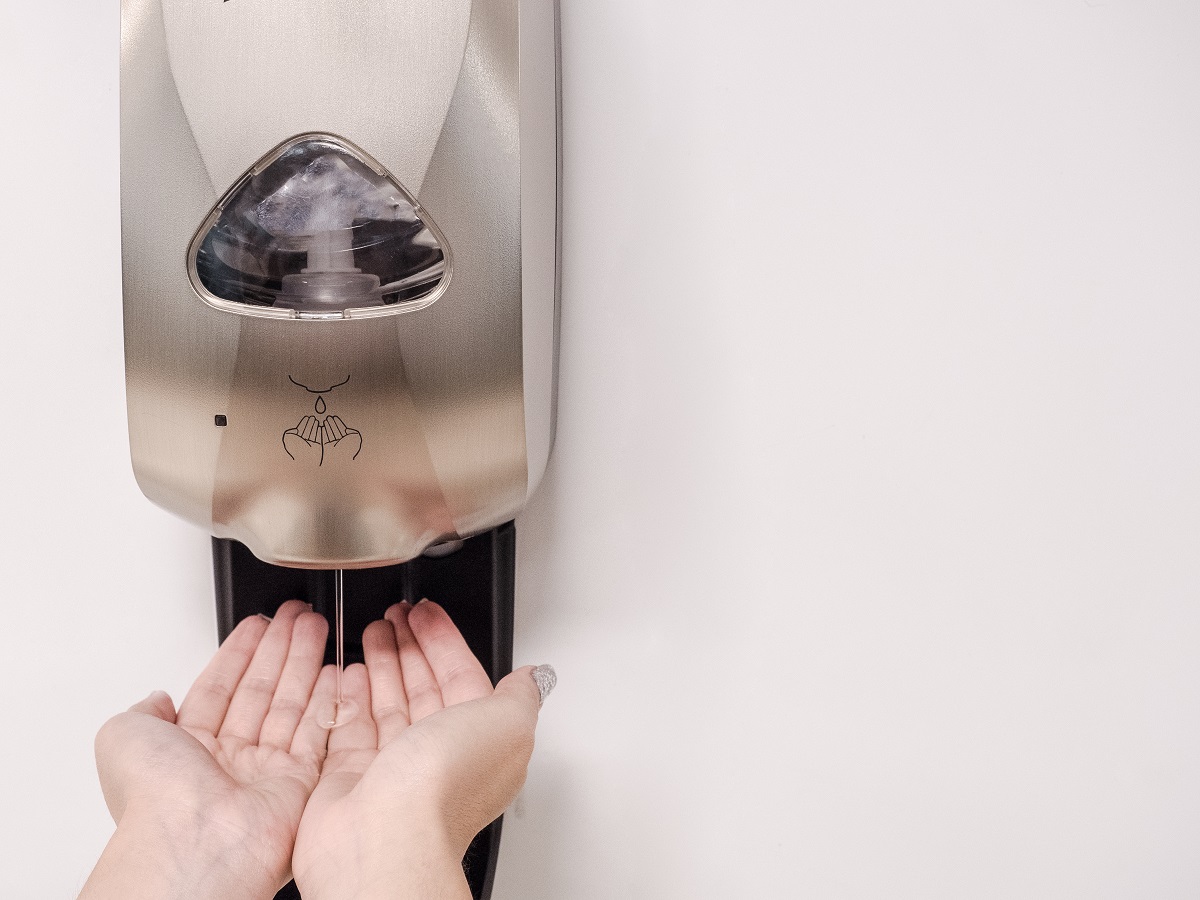Working from home has been an excellent solution for many businesses during the pandemic. Employees have also benefited from such new arrangements. Together, they’ve managed to continue getting tasks accomplished and keep teams productively occupied amid uncertainty and change.
Yet as we begin to emerge from the shadow of recent events, companies will increasingly seek a new balance between remote work and the traditional office. And the return of people to offices brings up the concern of liability if employees get sick with the coronavirus. Can your workers sue you if they contract Covid-19 on the job? Should this legal risk be taken seriously?
Heading back to the office
Remote work isn’t for everyone. Marketing teams can shift their focus exclusively towards reaching consumers through online channels; you can still consult your commercial lawyer on matters within their scope. Knowledge workers tend to be better positioned to reap the benefits of remote work.
But some jobs can’t be accomplished outside the company premises. And there are other reasons why full-time remote work might not be a long-term solution. Months of meetings held through video conferences, lengthy back-and-forth email threads, and abbreviated chats with co-workers will have highlighted the limitations of online communications for teams.
People miss the informal social interactions that can take place within the office. They also don’t like having to enforce boundaries between work and family time or manage their productivity. Remote workers tend to spend more time doing the same jobs due to various distractions and wrinkles in collaboration.
Inevitably, the new normal will swing the balance back towards working in a traditional office environment. Is remote work here to stay? Certainly. But it’s unsustainable and unlikely that most workers and businesses will seek full-time remote working arrangements.
Trivializing the risk
This can be particularly troubling as long as Covid-19 remains a threat. Vaccines are still being developed, and experts believe we might be facing a long-term battle to contain its spread successfully. It means that workers will be shifting from a position of high safety and autonomy (working from home) to one of increased risk.
If an employee contracts the coronavirus due to this increased exposure, can they sue their employer? That question is being asked with increased frequency and alarming formality. Over the months since the outbreak enforced lockdowns across the country, states and businesses have reopened. And lawsuits related to the coronavirus and employer negligence have ensued.
Companies can choose to take a laissez-faire stance on this matter. The system of workers’ compensation makes it easy for employees to claim benefits for injuries and illness and makes it difficult for them to sue employers due to its exclusivity. It’s generally ruled as the only recourse workers have when they suffer these types of loss.
Moreover, the nature of the coronavirus itself makes it hard to prove that someone got sick on the job. Asymptomatic people can be carriers; you could have contacted someone outside of work, perhaps during the daily commute. Or you might have failed to observe social distancing, wearing a mask, or washing your hands while in other public spaces.
Playing safe in uncertain times

On the other hand, these are unpredictable times. Normal precedents might not always be ruled applicable. And when it comes to intentional wrongdoing by employers, each state can have different laws. A suit that would be dismissed in New York might be allowed in Florida. Texas law may allow survivors of an employee to file for gross negligence, but only if the outcome resulted in the employee’s death.
Wrongdoing and negligence aren’t the only possible grounds upon which workers might seek to sue their employers for contracting Covid-19. They can invoke public-nuisance laws where businesses might have endangered their community with a lack of safety measures. And if a worker was fired for refusing to work or complaining about inadequate precautions, that opens up the possibility of a wrongful termination suit.
Finally, the recommended protocols can change. CDC, OSHA, and state guidelines can be modified and refined several times during this pandemic. If a company fails to stay up-to-date and adjust its workplace safety measures accordingly, its risk of liability increases.
The world we live in is still turbulent, and while most people want to work together towards recovery, there will be missteps and failings on both sides. In a challenging economic climate, sick workers, their survivors, and legal counsel will be testing the waters and exploring the avenues through which better compensation can be gained. Don’t take unnecessary risks. Stay on top of the latest guidelines, and make sincere efforts to keep your workers safe as they return to the office.



